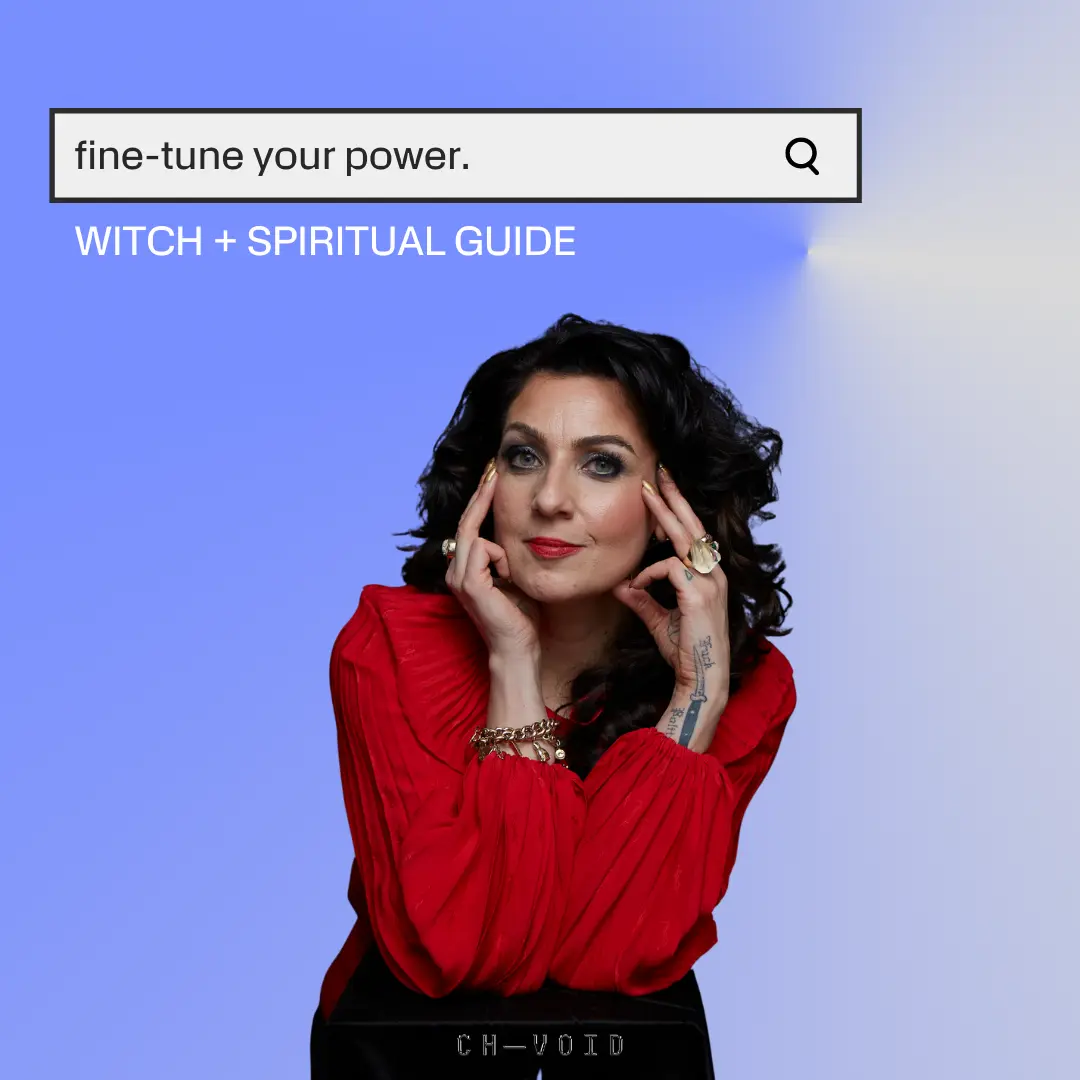The (un)clean money revolution
Listen here, bloke-at-the-bbq-who-won’t-stop-talking-about crypto.
Assuming it’s inevitable disappearance, I often think about how I’m going to explain what cash was to children in 50 years’ time.
I can already hear the incredulity. “You mean you used to give each other bits of metal and plastic as money? And you could just lose it? Or someone could just take it from you?” Notes and coins, the stone tools of a bygone financial era. Certainly in the context of online banking, and no more evident than set against the explosive proliferation of cryptocurrencies.
And yet, in spite of my acceptance that the realm of money is infinitely evolving, I also hold the unpopular grumpy-old-man opinion that crypto is a crock of shit. You?
Cue the blockchain evangelists groaning:
You obviously don’t understand what cryptocurrency is. What, would you prefer the government to keep stealing your money? Spoken like a true poor person.
Globally, there are more than 15,000 cryptocurrencies and 400 exchanges operating in the murky new world of fintech. Unprecedented and unregulated computing technology using extraordinary amounts of electricity to both perform transactions and produce more currency, all of which is added to the blockchain to guarantee security and traceability. The evangelists used to be right about me, and for the longest time, crypto was straight up flying over my head. In one ear and out the other, it was such an abstract concept and so completely irrelevant to my personal existence that I couldn’t reconcile expending the energy to try and understand it. Why do I care, sorry, bloke-at-the-bbq-who-won’t-stop-talking-about crypto? Because it will put a rocket in my portfolio? Then I can buy a Lambo? I don’t even have a portfolio, mate! (Let alone aspirations for a grotesque supercar.)
True, Sydney Australia ensconces me in the top 1% of global wealth, and the furthest possible cry from famine in Africa or any other place where poverty shames my wealth. But I’m still not flush enough to waste time flirting with cryptocurrency! And if I’m not wrangling the funds required, how is anyone positioned socioeconomically below me? So at this moment in my time here, what’s the point? I’m counting my rent pennies, even on the receiving end of first-world income, so opinions notwithstanding, crypto felt simply out of reach.
Nowadays, my understanding of the basic principles is sound, and I accept the security benefits to proof of wealth that can’t be stolen (swallowing my philosophical difficulty with that along the way). Yet I remain dubious of anyone loudly espousing “indisputable facts” about why crypto will force all other money into obscurity.
Maybe I’m disillusioned, or just dumb. But my gut feeling is that there’s no way blockchain currencies are the global financial salvation they’re being cracked up to be by the experts (even real experts, not just fellas with rank breath in the backyard). I ain’t sold. Not yet, anyway. This might seem like a prematurely geriatric knee-jerk in the opposite direction of progress, however there are a variety of ideological, social and environmental reasons for my cynicism.
As can be observed at barbecues or indeed any other social gathering, crypto is quite a loaded topic from the outset, capable of strumming tightly wound social chords. Much like the jab, come to think of it – precious little room for nuanced discussion between those invested. Veritable holes in the floor from heels dug in one direction or the other. Be it blockchain or vaccination, you’re not just wrong, you’re wrong and fuck you!
Perhaps that’s just the increasing nature of 2020s discursive extremism, where ideology trumps rationality and compromises the chance for casual and measured exploration of new ideas. Maybe I’m even perpetuating it with these words, painting an awkward picture of my own ignorance and hypocrisy. But hey, we’re talking about crypto here, and crypto tribalism really is deadset fierce. It is! People who love it get so hot under the collar about it, and in my experience so far of them, often summon an extremely unhelpful superiority dynamic into a discussion investigating its virtues.
What a red flag that dynamic is for any dialogue, ever. High horse warning! Immediate danger! Likelihood of an emotionally sober and respectful divergence of views, low. Likelihood of an emotionally inflamed and inappropriately personal exchange, high.
But it’s one thing to disagree over a kangaroo sausage on a vaccine for a disease that most of us have decent immunity against already. It’s another thing to assert the redundancy of global financial systems that 99.9% of us are wholly committed to, and then make us feel stupid for not being in the 0.1% who “get it” because they’ve “liberated” themselves.
Cryptocurrency is a high risk investment, subject to extreme volatility and offering quite literally nothing to show for it. Where traditional investment might see you the owner of capital property, or perhaps simply a fractional shareholder in a public company, blockchain is wholly virtual. Maybe that’s why emotions run high? Those who are already invested are uncomfortably aware that they have nothing tangible to show for their (presumably enormous) financial outlay, and those who haven’t invested are thoroughly incredulous as to why you would.
To my eyes and ears, the most common catch-cry of the crypto revolutionist tends to revolve around security. No longer must we be exposed to cybercriminals hijacking our banking details and draining our funds! Blockchain is beyond thievery, so sit back and relax knowing that your fortune – ahem, your entirely intangible fortune – is safe.
But one thing I’ve been reading up on suggests that this apparent security virtue is as much a practical danger of a widespread and sudden crypto upheaval. Unregulated finance? That’s a money launderer’s dream. Forget the casino; financial criminals now have a myriad of new opportunities to shift their shady economy not just out of reach, but completely out of sight. And though syndicated crime may sound like enough arm lengths away for you and I to disconnect from any implications, the ripple effect is nothing to be sneezed at. The most wretched misery and human suffering fundamentally attached to mafias, cartels and traffickers, all poised for inflation, acceleration and undetection by way of cryptocurrency.
And still in spite of this grim felonious prospect, truly begging at my attention the most is the environmental implications of blockchain mining and the digital economy. (Spoiler alert, bloke-at-the-q, it’s completely shithouse.)
Cryptocurrencies are produced and perpetually sustained by specialised computer software called Application Specific Integrated Circuits. They solve complex mathematical problems to generate new code, and require a metric fucktonne* of energy to do so. Bitcoin alone as a platform uses roughly the same amount of energy as Argentina – yep, the country – and generates roughly the same amount of CO2 as New Zealand. According to Fortune, offsetting Bitcoin’s carbon footprint would require planting 300 million trees. One Ethereum transaction uses the equivalent electricity as the average US household uses in a whole week. A week! The countries responsible for mining the majority of cryptocurrency – Russia, China, Kazakhstan and the USA – are all massively reliant on fossil fuels.
Alternative, lesser-known blockchains are purported to deploy far greater efficiency, handling more trade with less energy, but the question begs… for what? For emancipation from the shackles, perceived or otherwise, of traditional economies? Or for inclusion in an unprecedented financial revolution currently serving to roast the planet, facilitate crime, and further the divide between rich and poor?
Crumbs.
For now, I’ll continue buying my coffee with good old Australian dollarydoos, and continue waiting to be convinced about crypto.
*not an actual measurement.





















